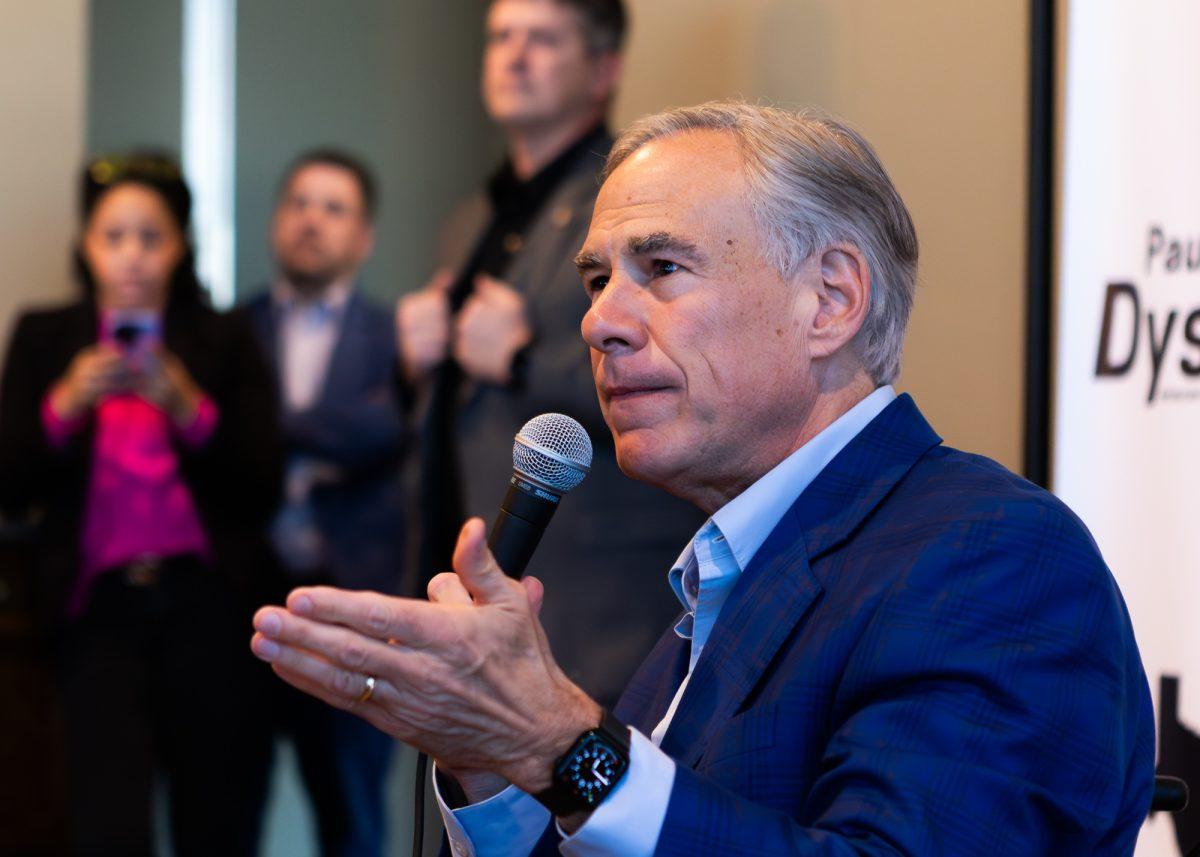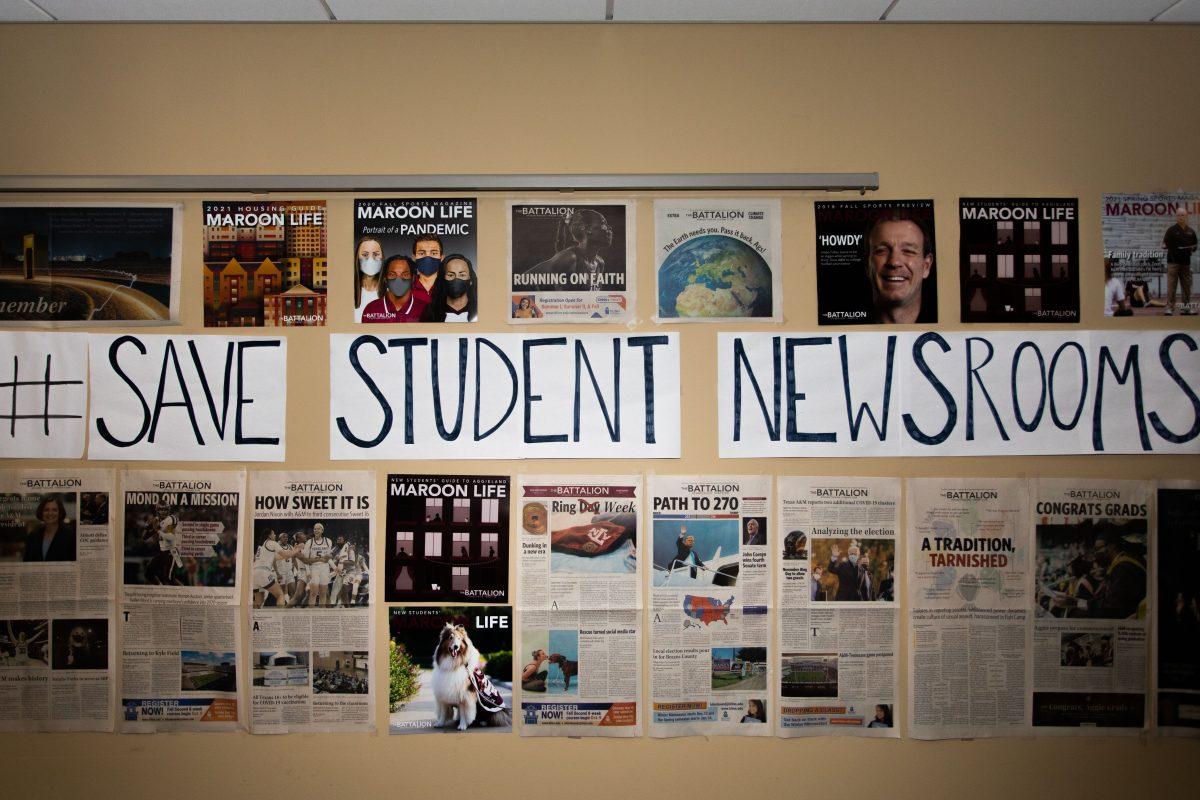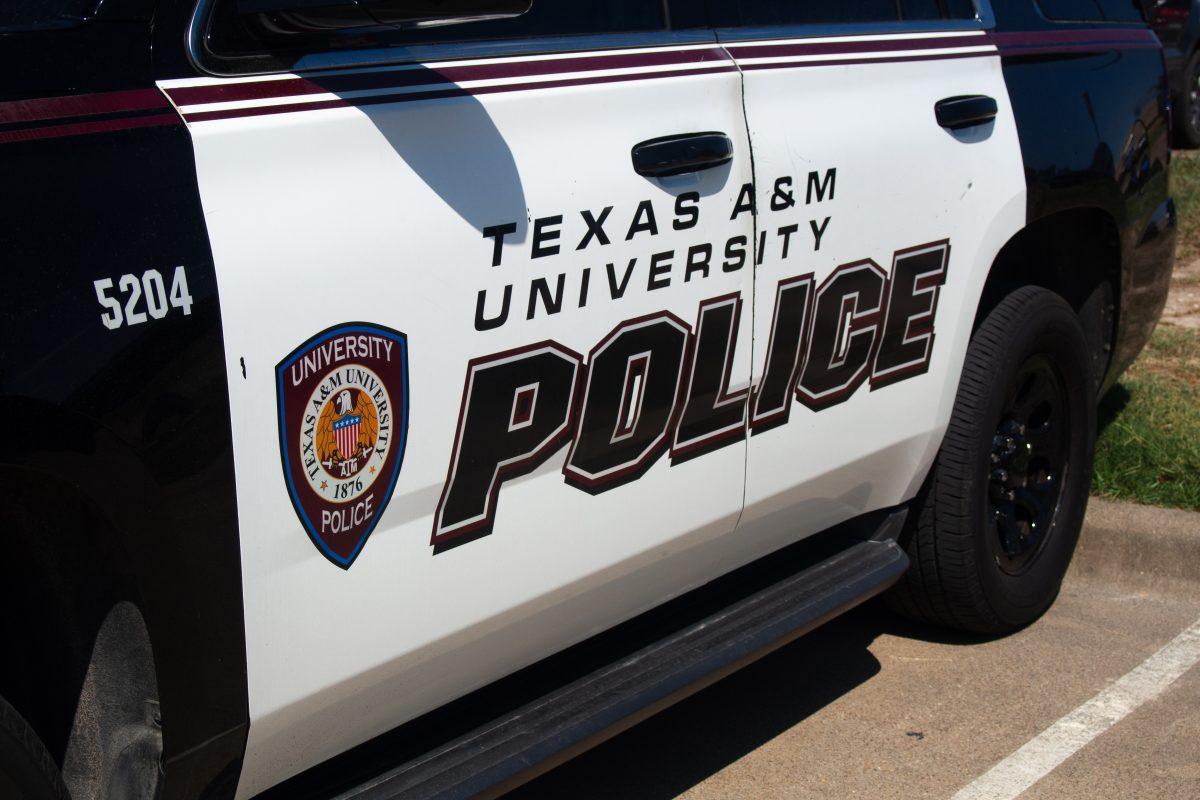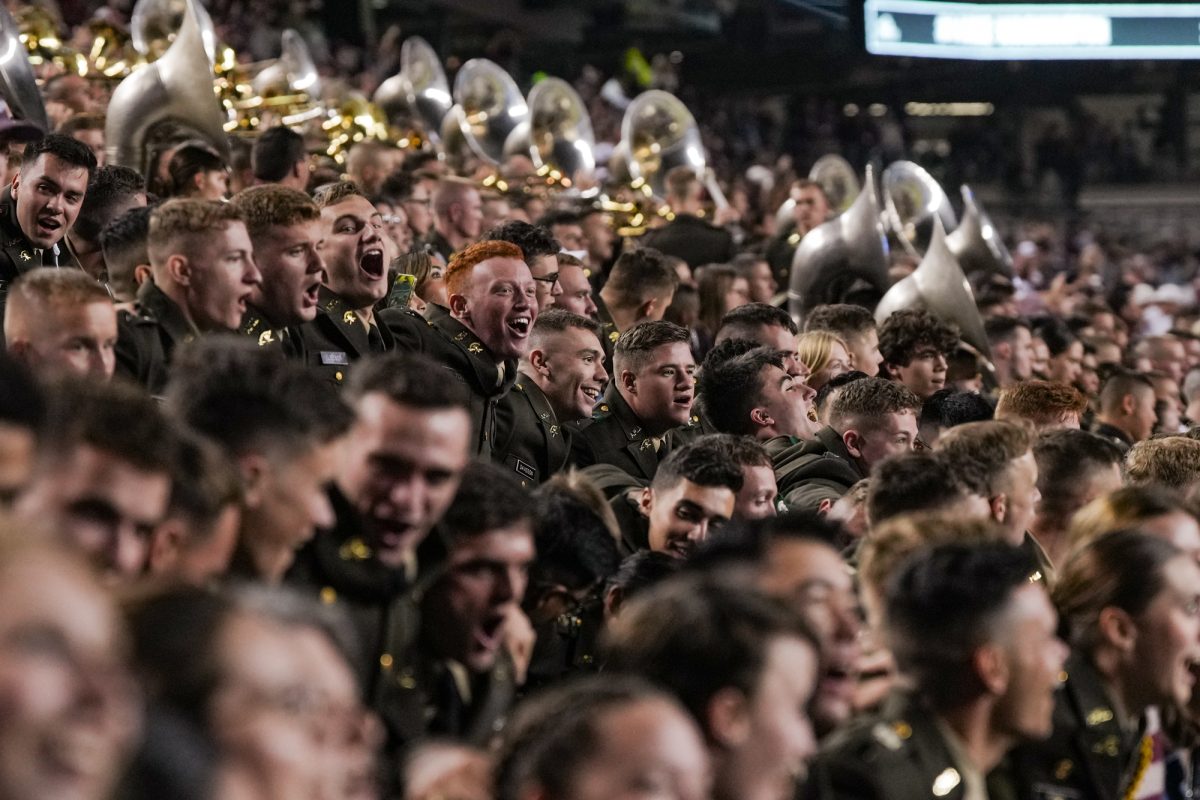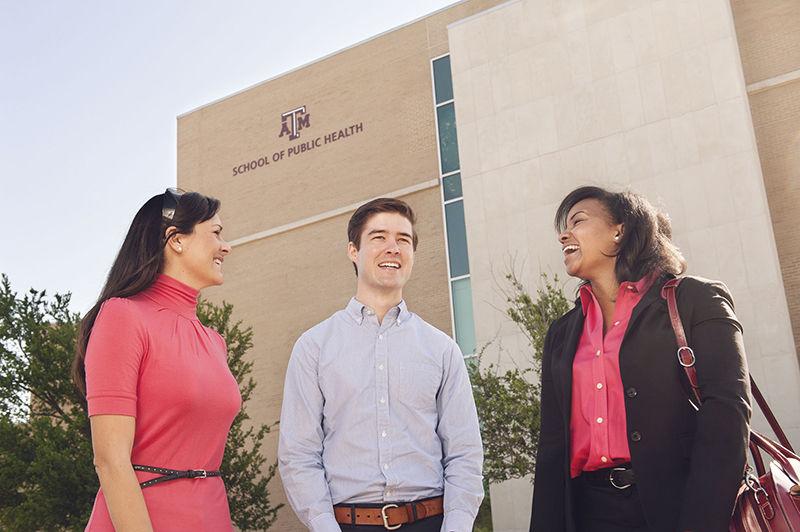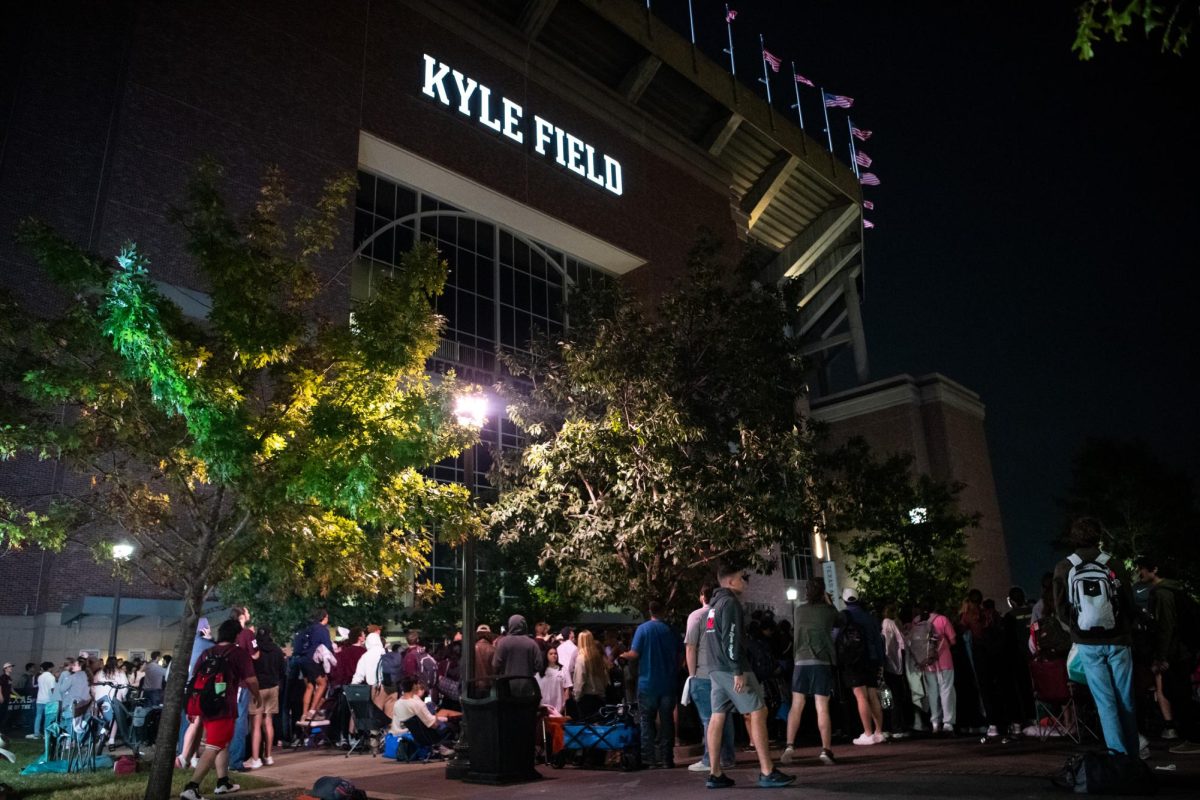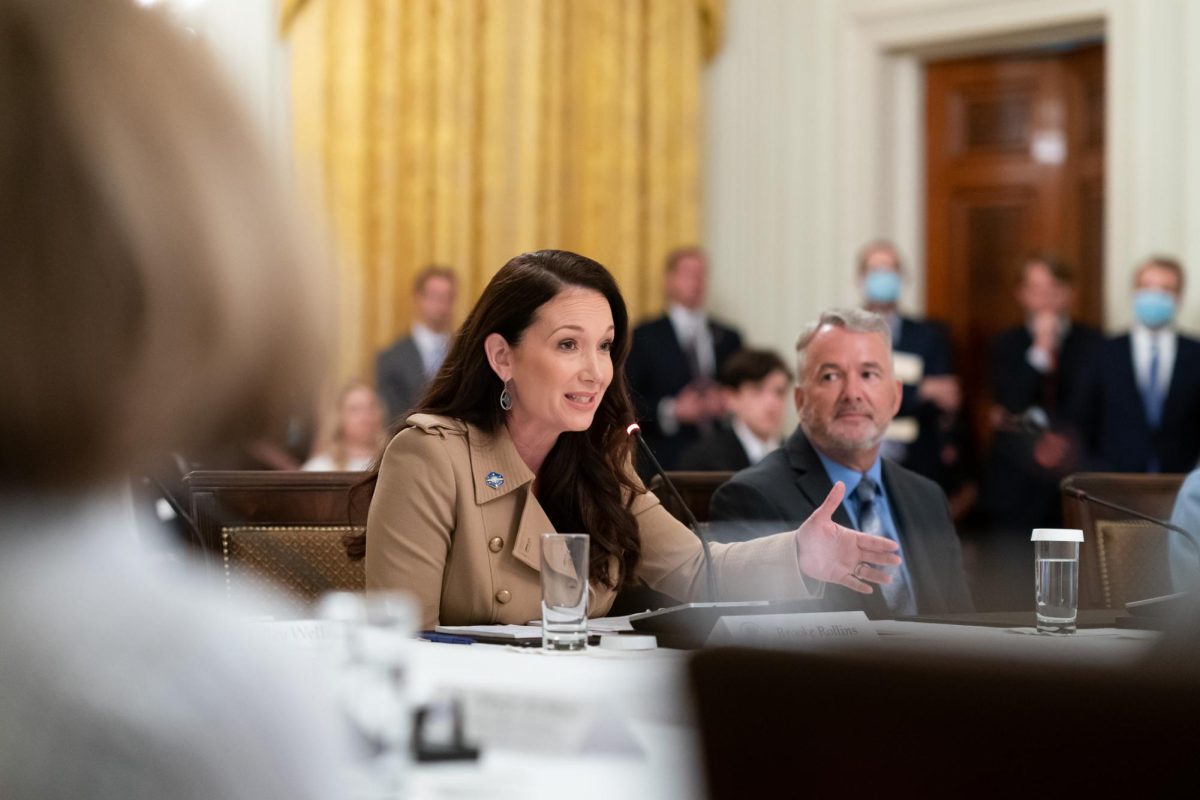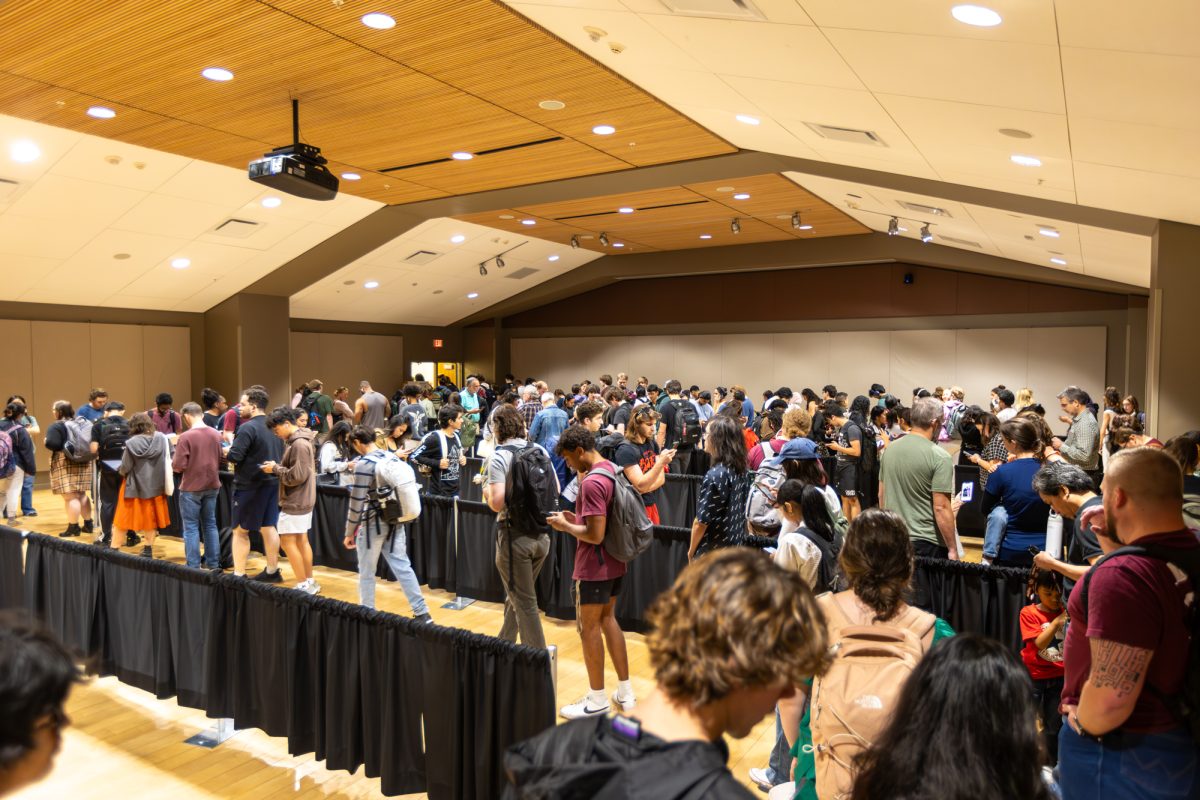Gov. Greg Abbott directed Texas public universities to freeze tuition costs for another two years in a Nov. 13 letter sent to administrators across the state.
In the letter, Abbott said his office and the boards of regents of all in-state public universities are “in agreement that no institution in Texas should approve tuition increases for the 2025-26 and 2026-27 academic school year[s].”
This announcement follows the upcoming expiration of Abbott’s previous tuition freeze, signed into law in 2023, which barred tuition increases for the 2023-24 and 2024-25 academic years. In exchange, state lawmakers allocated $700 million to public universities during the last legislative session to offset the financial loss.
“When all Texans have access to quality and affordable education, they can earn better wages, meet workforce qualifications, and experience a higher quality of life,” Abbott’s letter reads. “I will ensure college affordability remains a top priority for the state as we head into the next legislative session.”
At a press conference in November, Texas A&M President Mark A. Welsh III said that while he supports keeping higher education affordable for Texans, the tuition freeze will strain an already-stretched budget and limit the scale of new initiatives. The Tribune reported that roughly 35% of the university’s revenue comes from tuition, and the current freeze has limited faculty hires, leading to larger class sizes as A&M’s student body grows.
“It will affect what we can provide,” Welsh said during his November press conference. “It’ll affect how quickly we can adjust some of these things our capacity says we need to change. But it won’t keep us from getting it done. It certainly could delay it a little bit.”
A&M’s average tuition is $11,550 for in-state students and $39,496 for out-of-state students. In the 2023-24 academic year, the average debt among university graduates was $26,572, an increase from prior years but still lower than the national debt average, which sat at roughly $29,417 in 2022.
Among students, the freeze has been met with optimism.
“As a middle-class student, I’m relieved to be able to take some stress off my shoulders about how my family will pay for college,” engineering freshman Diego Robles said. “It’s very convenient.”
But Robles argued that while freezing tuition may be helpful, more needs to be done to address the cost of a college degree.
“I think that the current state of education makes it not worth it for many people to go to college,” Robles said. “Something needs to be done about the root of the problem. Freezing tuition is helpful, but it’s not the solution.”
Some students are concerned about the effects Abbott’s directive may have if kept as a long-term policy, as overpopulation continues to be at the forefront of debates regarding the future of A&M and Bryan-College Station.
“The student count is about 75,000 now, and if you’re locking [tuition], you’re opening yourself up to an overpopulation issue,” economics master’s student Parker De Leon said. “Just look at the parking issues around campus. I don’t know if necessarily what Abbott is doing is wrong; I think only time will tell.”
De Leon also raised concerns about the consequences these types of policies may have on the value of a college education.
“You want your degree to mean something. You don’t want to open the floodgates and diminish your education,” De Leon said. “Some people may argue that if everyone is able to go to A&M, it lessens the value of an A&M degree …. If this is a pattern that continues over decades, there will probably be lasting impacts.”



